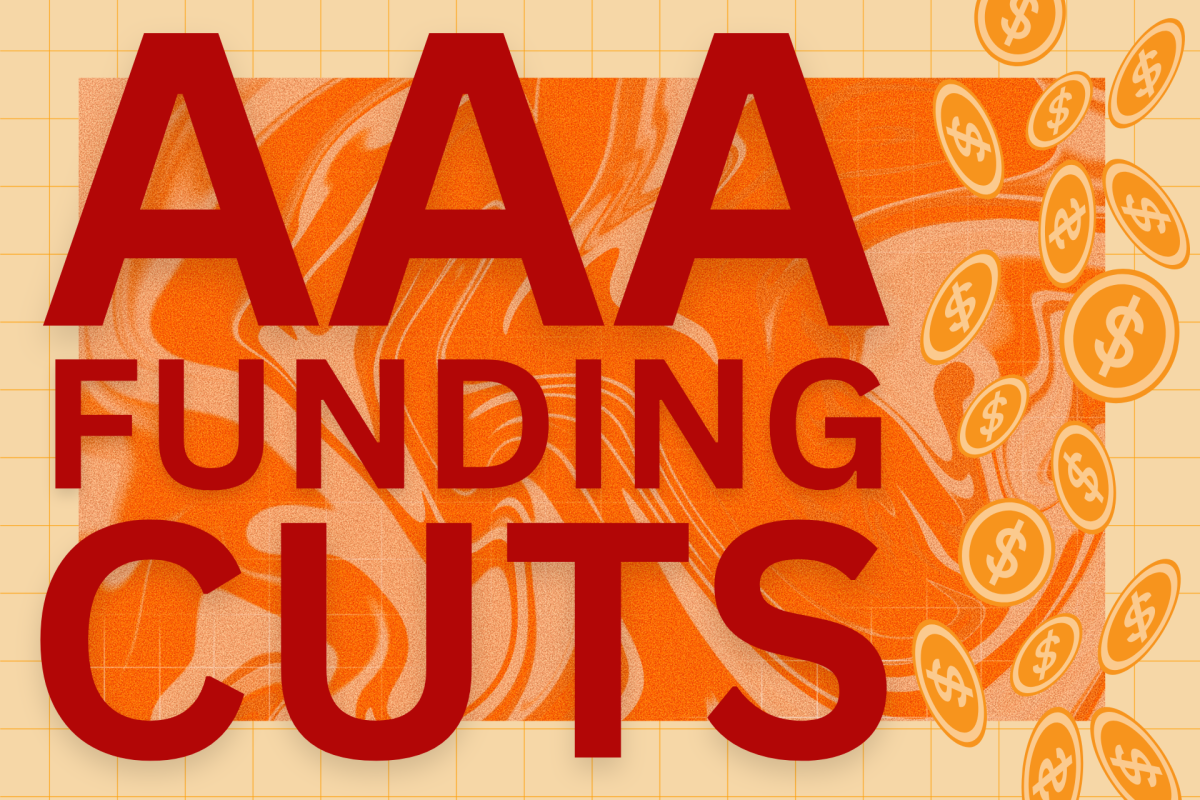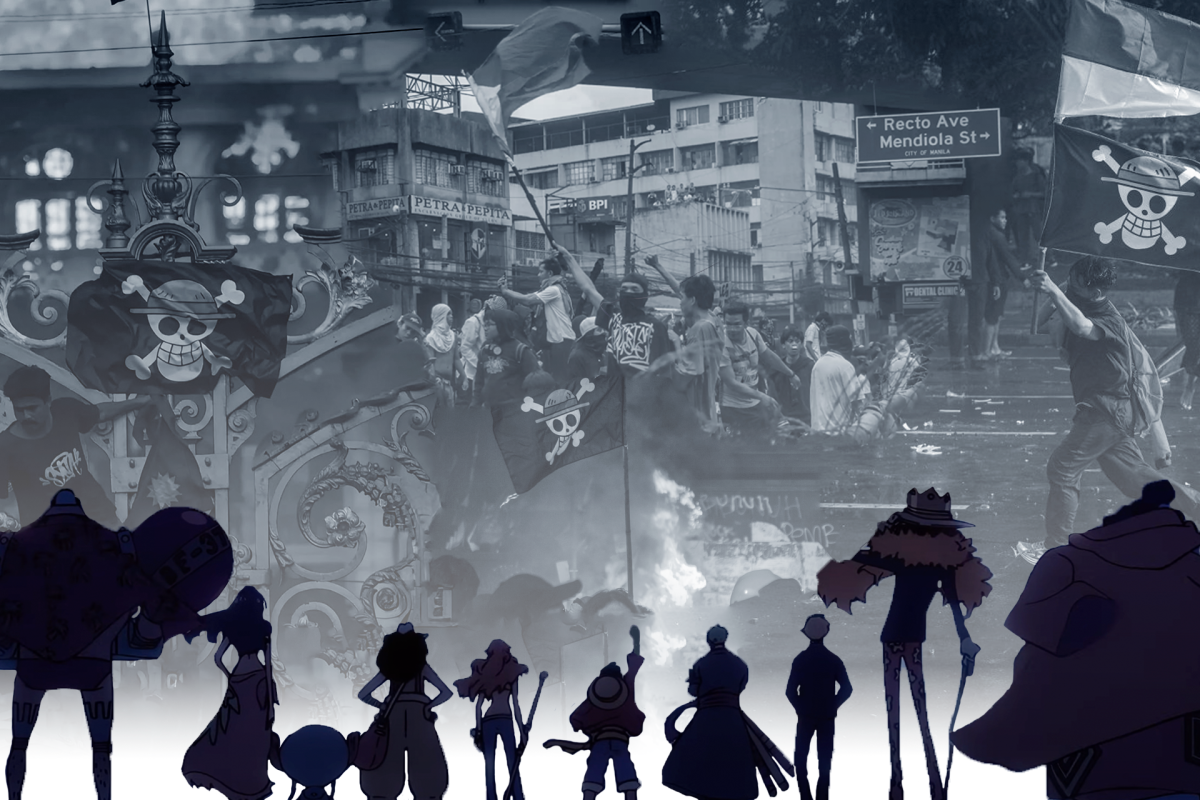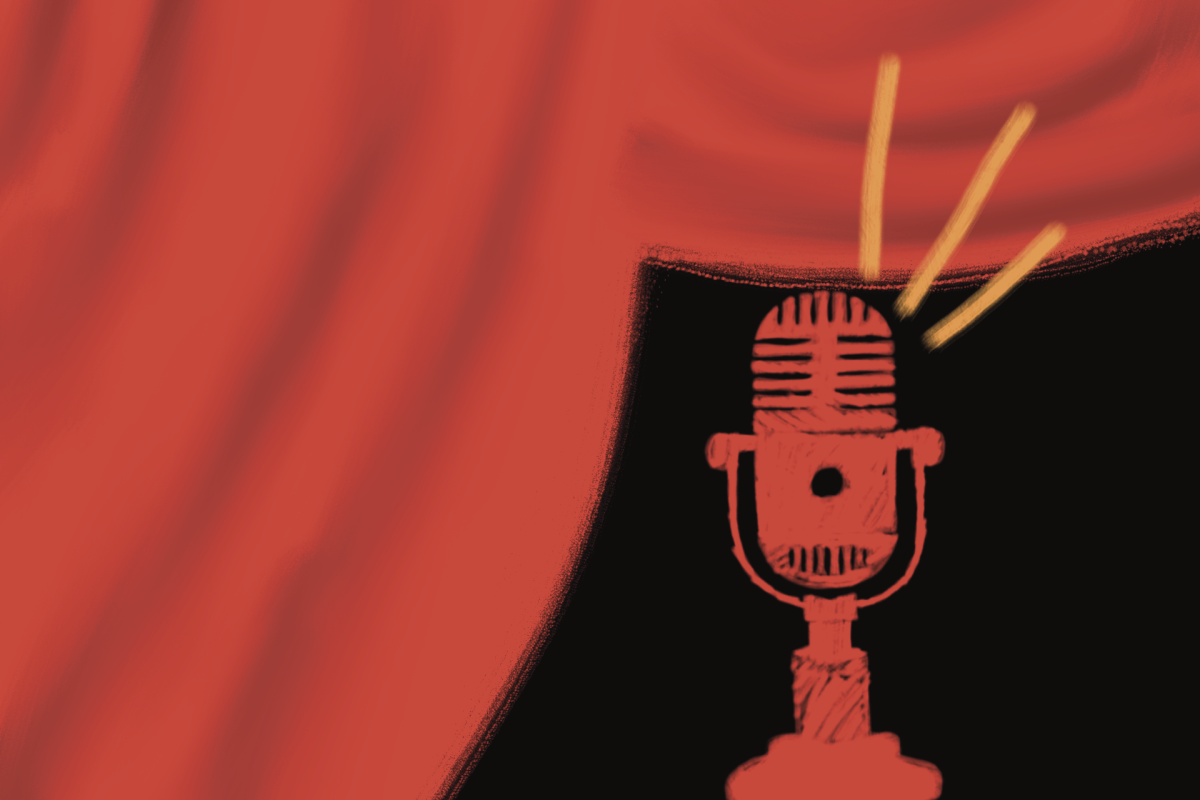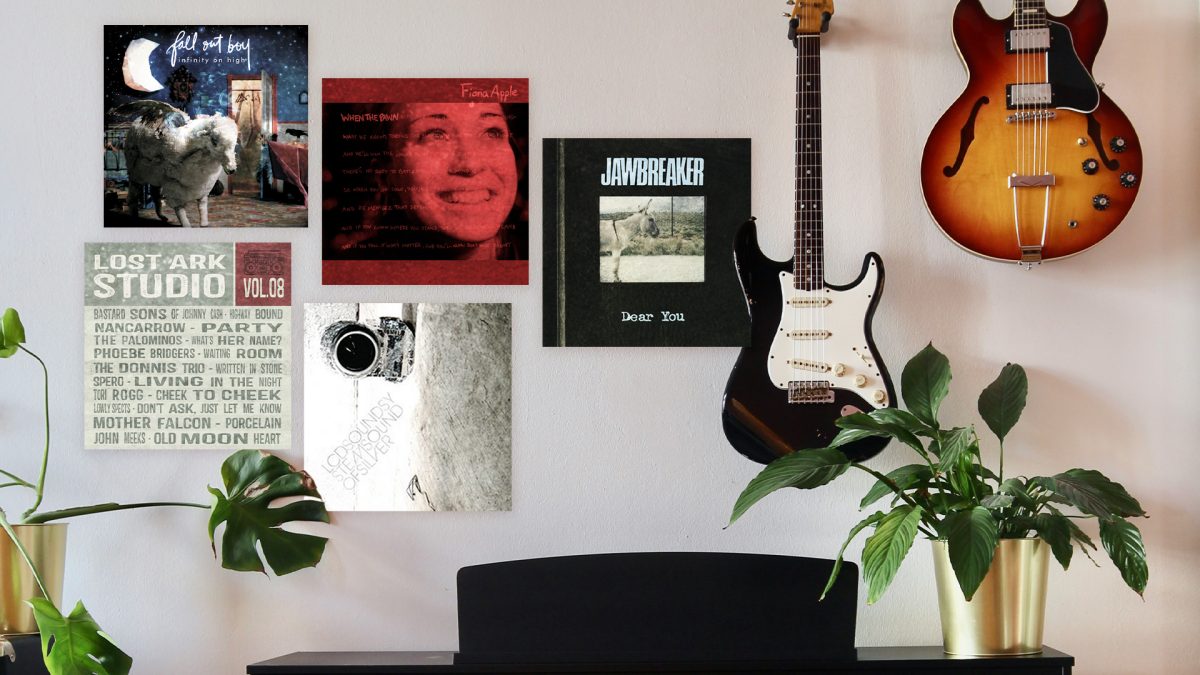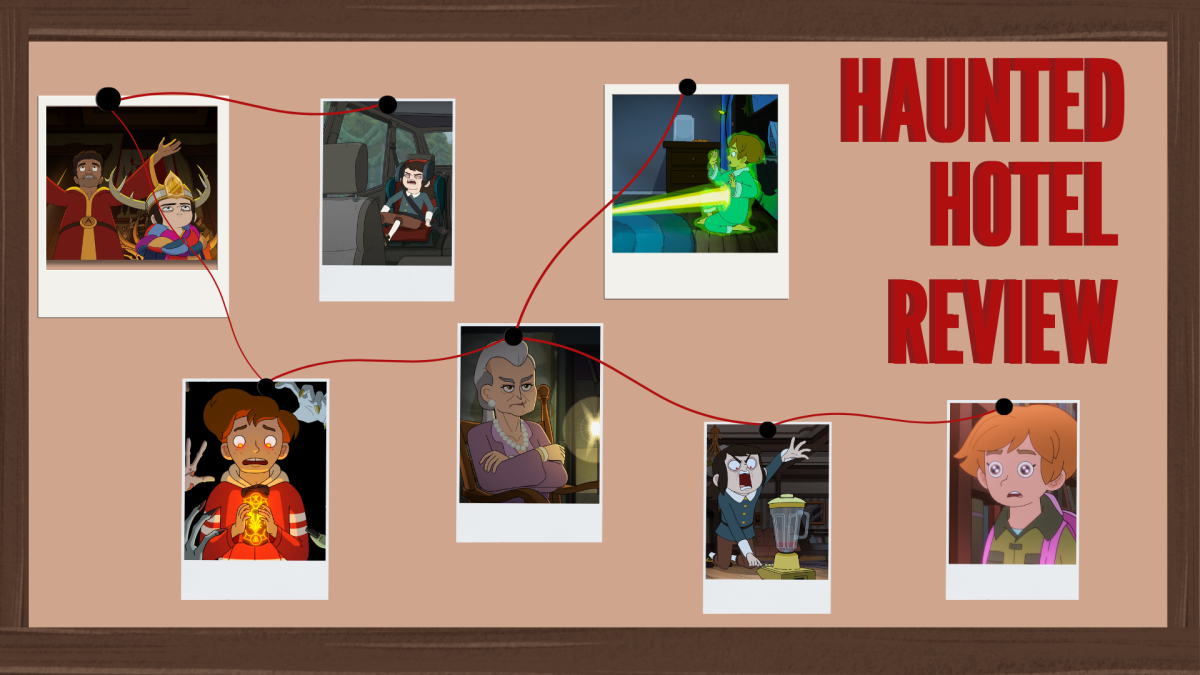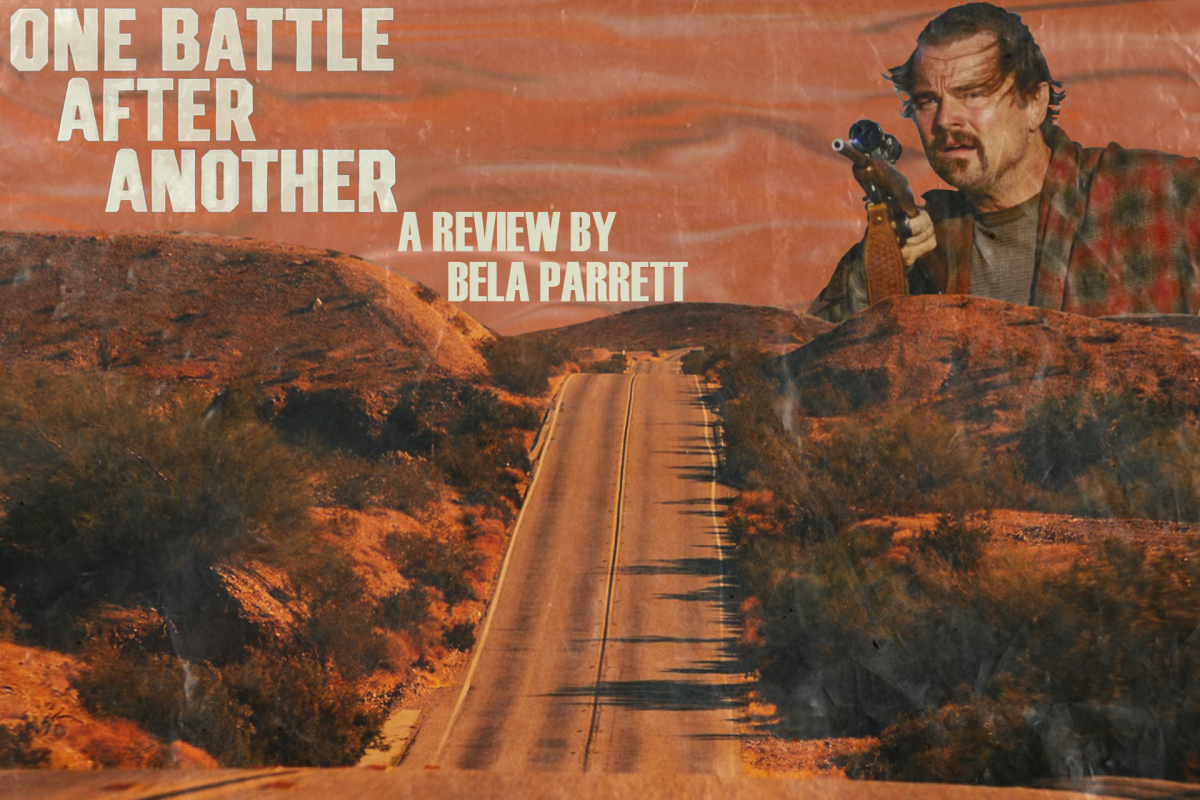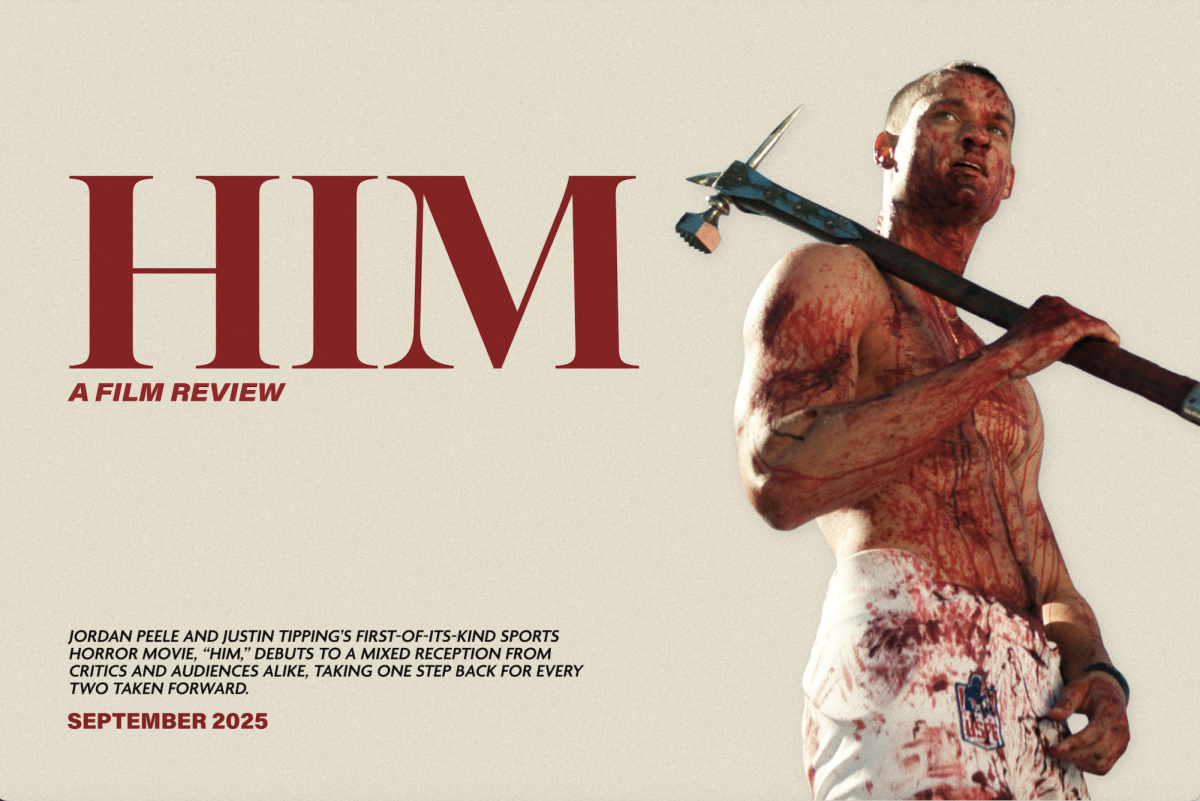A house of horror, a game of “Monopoly,” a twisted contemplation of doubt; this new A24 film will stay with you long after leaving the theater
From the first few seconds of the trailer for A24’s “Heretic,” it hit close to home. When I saw the “Church of Jesus Christ of Latter-day Saints” pinned to the two protagonists’ coats, I was reminded of classmates and friends from years ago. While I myself am nonreligious, I grew up one town over from where Joseph Smith claimed to be the Garden of Eden: Independence, Missouri.
So, as I settled into my middle seat at GQT Forum 8, popcorn salted heavily, I reflected on my interactions with my former peers.
According to the Merriam-Webster Dictionary, a heretic is defined as “one who differs in opinion from an accepted belief or doctrine,” a nonconformist. The church has been criticized for its practices since its formation; its complex history of polygamy, racist and homophobic teachings combined with restrictions on caffeine and alcohol, swearing and sex before marriage have culminated into a religion that non-members could describe as “heretical.” This stands out, as the word “heretic” is never said in the film.
Opening with two sister missionaries grappling with the societal judgment that comes with being Mormon in the present day, Sophie Thatcher and Chloe East as Sister Barnes and Sister Paxton reference the “South Park musical” and are made fun of for their elusive “magic underwear.” They make their way through an unknown town on their bikes to meet the mysterious Mr. Reed, played by Hugh Grant, at his home after he expressed interest in joining the church.
As the audience settled into the film in its first hour, many things were unclear and off-putting. The era “Heretic” is set in is wildly unclear. Teens snap photos of the missionaries on their smartphones, but Mr. Reed’s home looks like it was taken out of a ‘70s interior design magazine.
East’s character could be living in any decade from the 1960s to the present day, while Thatcher’s modern, mullet-esque bangs make it difficult to suspend my disbelief. While the girls present their “lord and savior” speech to Mr. Reed, eerie music creeps in the background when it doesn’t fit. These sound like complaints, but I think the uncertainty I felt lets the audience know something is off — even before the characters do.
The film takes a sharp pivot when it is revealed that Mr. Reed is far more capable of debating religion than either of the sisters. Grant pulls out his laboriously sticky-noted and annotated copy of The Book of Mormon, and with a sly smile, reveals that he is an educated theologist.
In the claustrophobic and incredibly dimly lit setting of Mr. Reed’s home, directors Scott Beck and Bryan Woods emulate iconic films in their use of a singular location to heighten the horror. As utilized in many other films — “Misery,” “The Shining,” “Alien” and a more modern example in “Parasite” — isolation can be one of the most effective horror methods.
Along with isolation, the uncertainty of faith is used as a horror tactic.
Grant’s character had what I perceived to be a desire to play God, toying with the missionaries like a child would with pieces in a boardgame. He makes countless metaphors throughout the film’s 111 minutes. He argues that all religions are just iterations of the same stories. The Torah, the Bible and the Quran are placed next to “‘The Landlord’s Game,’ a game virtually identical to ‘Monopoly,’ which was created by feminist writer Elizabeth Magie before Parker Brothers, an American toy and game manufacturer, bought the patent and converted it into a more populist, pro-capitalist product,” said Woods in an interview with Entertainment Weekly.
Having just seen A24’s “The Substance,” I half expected a monster to be hiding around the corner, lurking in the dark. In many ways, I was right. Doubt is used as a monster in itself; doubt in God, doubt in your faith, doubt in yourself. Religious uncertainty is the true villain in “Heretic.”
I walked away from the screening making my Academy Awards predictions, as I typically do, but the one screaming out to me the loudest for this film was for Best Original Screenplay.
The script, written by Beck and Woods, was chock-full of well-thought-out callbacks. Many small things mentioned by characters — that I almost fully forgot about — ended up being huge parts of the resolution. “Heretic” is ingeniously written.
Unraveling quickly into a Jigsaw-like house of horror in Act 3, “Heretic” is a film that will stick with you for a long time; whether you are nonreligious, a practicing missionary or something in between.
I left GQT Forum 8 reflecting on my friendships and experiences with members of the faith on my mind. To me, it was clear that Beck and Woods weren’t attempting to sway you toward their beliefs, but were forcing you to contemplate what is true to you. “Heretic” was a breath of fresh air as a horror fan, and I am eager to see what awards season brings.
Edited by Molly Levine | [email protected]
Copy Edited by Ella McGuire and by Natalie Kientzy | [email protected]
Edited by Emilia Hansen | [email protected]
Edited by Emily Skidmore | [email protected]




